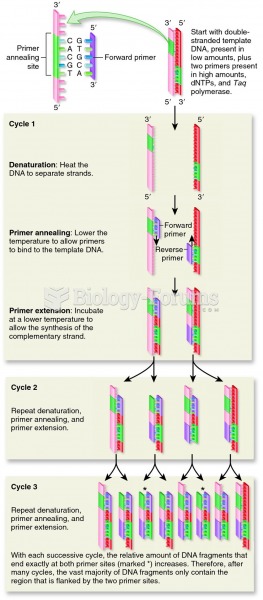Answer to Question 1
B
Assess the patient for a possible delayed reaction to iodine dye, seen as dyspnea, hives, tachycardia, and rash. This reaction occurs up to 6 hours after injection of dye. Thirst, by itself, is not a major warning sign of reaction to the dye. Pallor, by itself, is not a major warning sign of reaction to the dye. A patient's report of any feelings of pain, dyspnea, numbness or tingling, or other untoward symptoms may indicate cardiac complications or procedure site complications, but not a reaction to the dye.
Answer to Question 2
D
D. The benefit of anticipatory grief is that it allows time for the process of grief (i.e., to say good-bye and complete life affairs). Anticipatory grief allows time to grieve in private, to discuss the anticipated loss with others, and to let go of the loved one. Anticipatory grief can help a person progress to a healthier emotional state of acceptance and dealing with loss.
A. It is not most beneficial for grieving to take place only in private. It is important for grief to be acknowledged by others and to be able to receive the support of others in the grieving process.
B. Anticipatory grieving can be discussed with others in most circumstances. However, at times, anticipatory grief may be disenfranchised grief as well, meaning it cannot be openly acknowledged, socially sanctioned, or publicly shared, such as a partner dying of AIDS. The benefit of anticipatory grieving is not so much that it can be discussed in most circumstances, because this discussion also can occur with normal grief when the actual loss has occurred.
C. Anticipatory grief is the process of disengaging or letting go that occurs before an actual loss or death has occurred. The benefit is not the separation of the ill client from the family as much as it is the process of being able to say good-bye, to put life affairs in order, and, as a result, it can help a client or family to progress to a higher emotional state.







